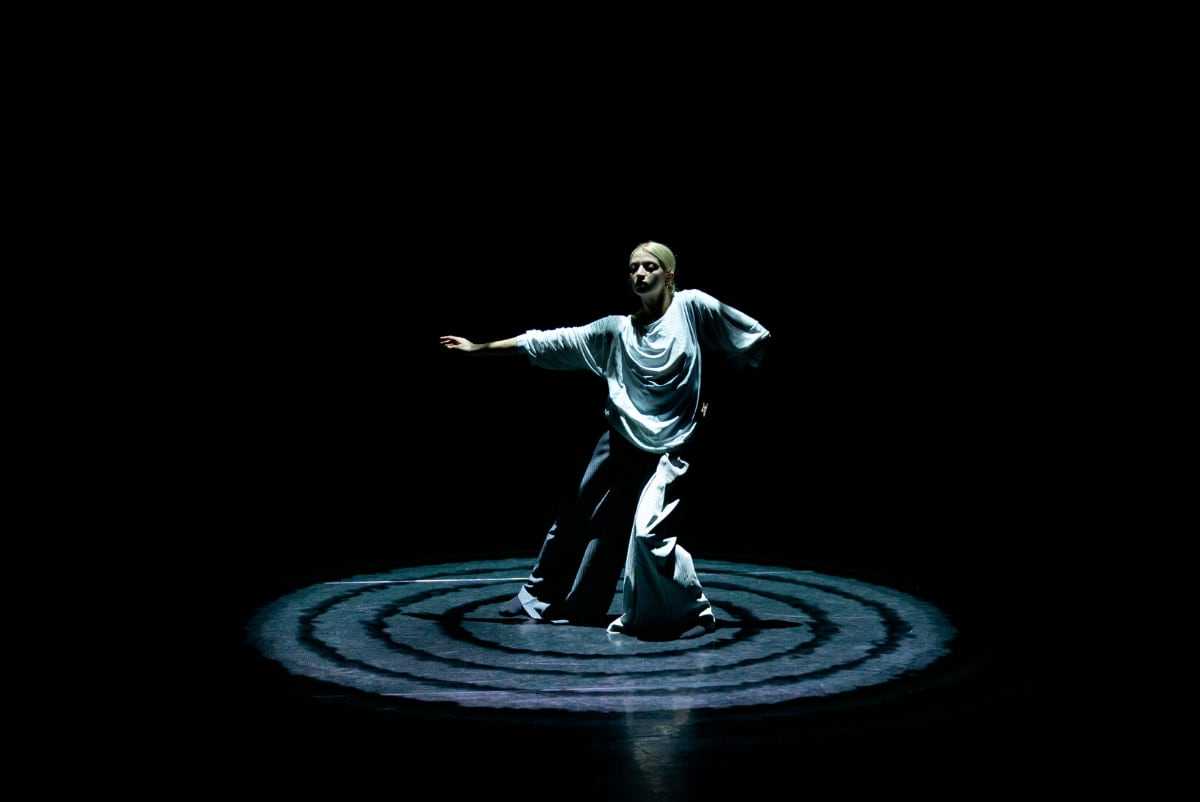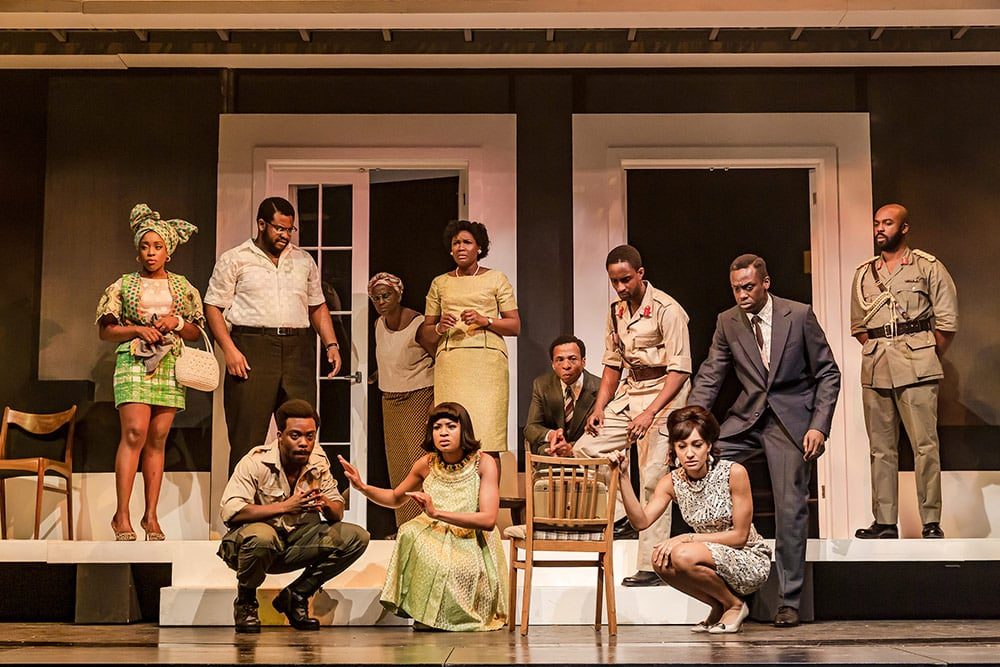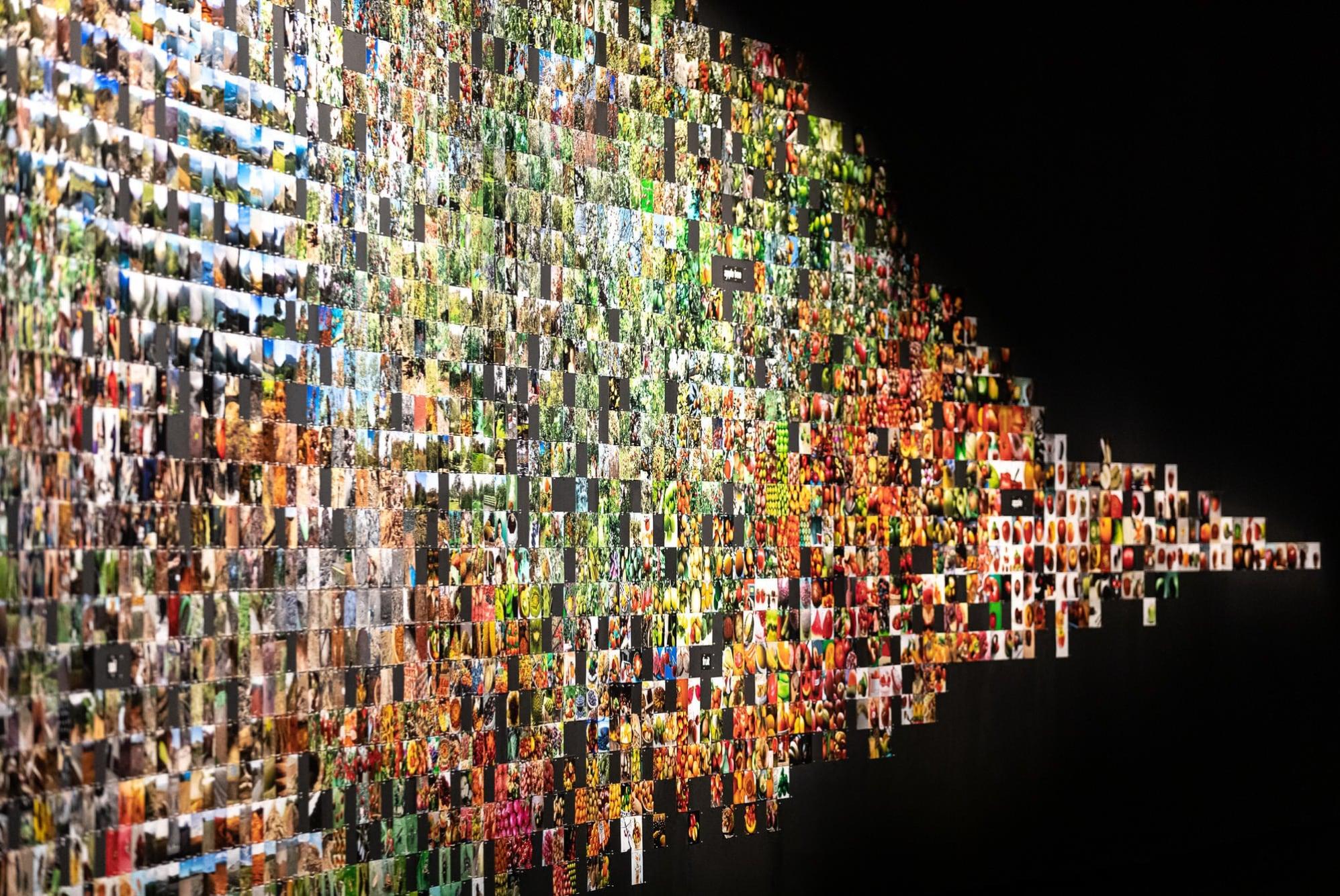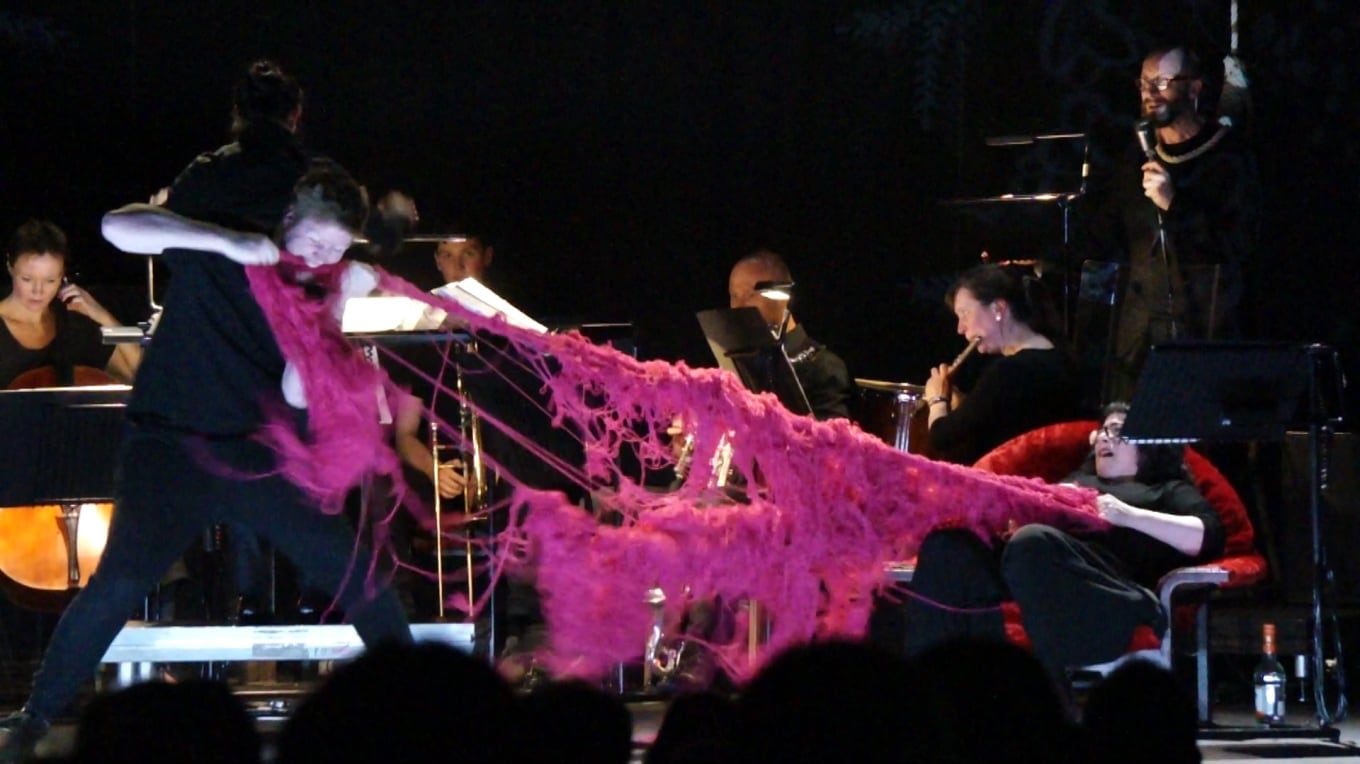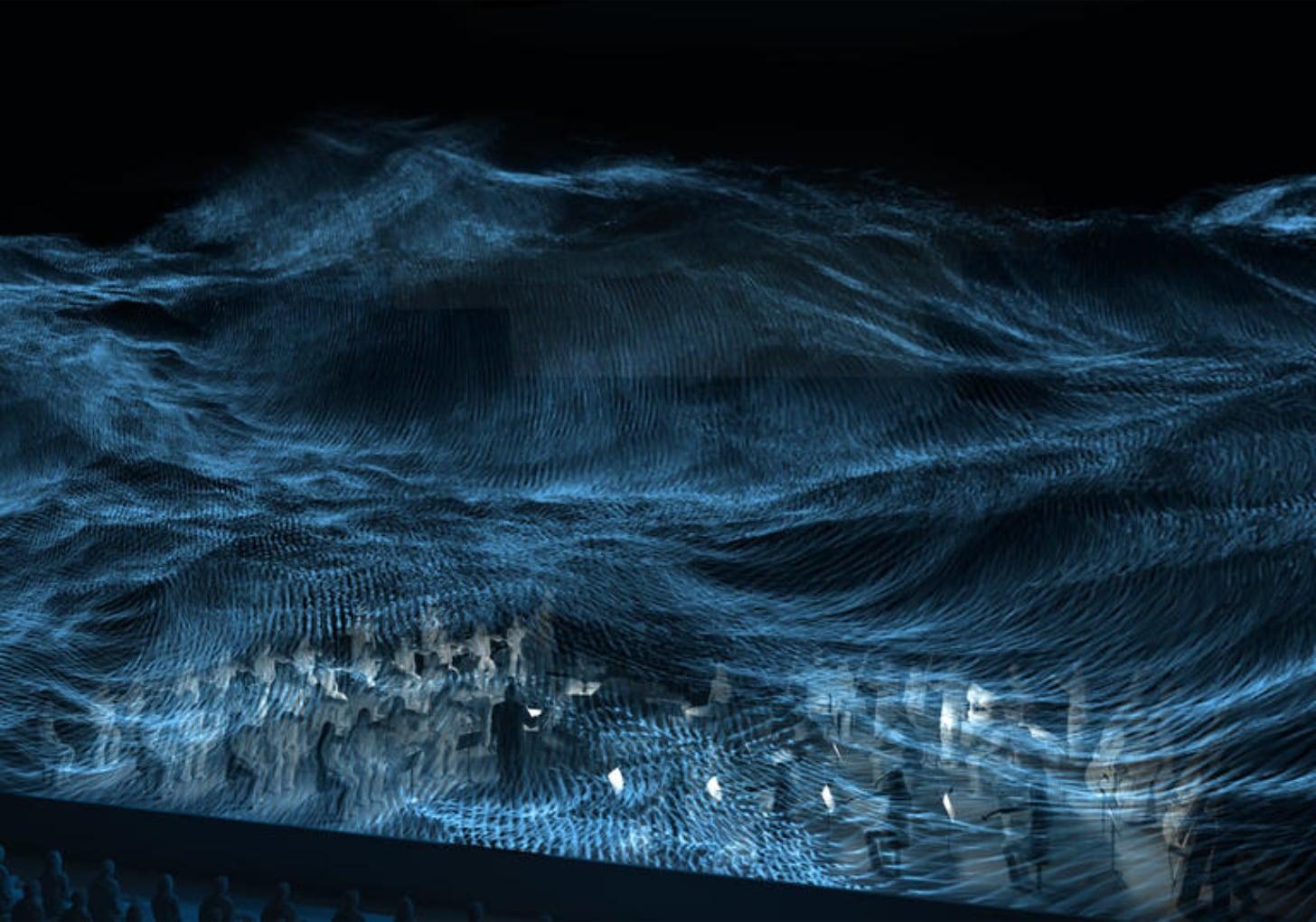Grant guidelines
Grant making is focused on arts projects in London that provide opportunities to artists from diverse cultures for the creation, development, performance, or exhibition in the performing (music, opera, dance, theatre) literary, or visual arts.
Current priorities are:
- New work or ground-breaking re-interpretations of classic repertoire that demonstrate the potential: for artistic excellence, to reach large and diverse audiences, and/or to make a significant, new contribution to the art form.
- Art that is experimental, risk-taking, and/or engages controversial issues.
- Projects that involve young artists.
- Arts-related library, literacy and archiving projects.
- Capital campaigns are also considered when improvement of the home of an arts organisation is its highest priority. Capital-campaign grants tend to be considered in the same range as programme grants.
Please note: Arts projects that are primarily focused on social/political advocacy, community arts and arts-education programmes are not a funding priority of Cockayne - Grants for the Arts. We do not fund digital arts projects or films, including the filming of productions.
Multi-year grant applications are not encouraged and are considered only very occasionally.
Similarly, except in exceptional circumstances, the foundation does not award grants to the same organisation in consecutive years. Organisations who have received a grant the previous year are not encouraged to apply to the current grant round.
Please do not apply if your project falls into one of these categories.
Cockayne-Grants for the Arts initiated grants
Cockayne – Grants for the Arts uses a portion of its resources to fund in fields of interest not currently emphasized in its guidelines. These grants may grow into formal parts of the foundation's program in the future or they may be single, one-time grants. Because these grants are initiated by members of the foundation's board of directors or staff, unsolicited letters of inquiry for programmes outside of the foundation's current guidelines are not considered.
Grant size
Average grants range from £1,000 to £30,000.
Following the success of the 10 major £100,000 grants awarded in Cockayne’s 10th Anniversary Year (see 2023 Grant Awards), the foundation may choose to award a small number of £100,000 grants for exceptional projects going forward. If your organisation or project budget is £500,000 or above and you would like to be considered at this level, please contact Cockayne’s Executive Director, Jo Hedley, at info@cockaynefoundation.org.
Applicants should not apply for more than 20% of their overall project budget and must demonstrate clearly how additional funds for the project are to be raised.
Geographic priority
Only applications for projects to be delivered in London will be considered.
Not for profit status requirement
Cockayne – Grants for the Arts only considers applications from organisations which are registered charities. Cockayne – Grants for the Arts does not consider letters of inquiry from for-profit organisations or individuals.
Screening procedures
Cockayne – Grants for the Arts receives many more applications than it can fund each year. Although many applications merit support and fall within guidelines, Cockayne - Grants for the Arts is able to fund only a proportion of the projects submitted. A four-stage review process follows the Cockayne – Grants for the Arts programme application deadline:
- Staff review of applications
- Review and discussion by Cockayne Board and Arts Committee
- Staff discussions with the Cockayne Board; and
- Cockayne – Grants for the Arts final decisions by The London Community Foundation (LCF) approximately four months after the programme deadline, with grant decisions being announced publically in late May.
Review of applications
The following questions are also among those considered when reviewing an application for a grant:
- Benefit – Will the project help the applicant/ organisation grow artistically/ organisationally?
- Leadership – Who are the project leaders? Success is largely due to the competence, creativity, experience, dedication, and energy of the leaders of the organisations/projects.
- Cost – What is the cost of the project? Is it sustainable and reasonable in relationship to the overall budget and promised benefits/outcomes?
- Time frame – Is it realistic and achievable?
- Likelihood of success – are objectives sustainable? What is the probability that the project will be achieved as described?
- Urgency – Is the issue urgent, requiring attention on a timely basis; are there special conditions now that increase/decrease the likelihood of success?
- Need – Does the applicant organisation need Cockayne – Grants for the Arts funding, or is it probable it could secure funding elsewhere?
Reporting requirements
All grantees of Cockayne – Grants for the Arts must provide a report detailing the progress and results of their program as described in their grant proposal.
Cockayne is most interested in learning what a grantee thinks is the impact and artistic/ public benefit to date and how the grantee ascertains the results. These reports must provide the following:
- Narrative summary of the progress that the grantee has made towards achieving the purposes for which the grant was made, which should specifically address the goals, methods/strategies, and evaluation/assessment plan outlined in grantee's original proposal to Cockayne – Grants for the Arts, and any changes thereto.
- Two copies of any publications or products resulting from the grant.
- Statement of grantee's compliance with the terms of the grant.
- Separate financial report for the project showing a comparison between budgeted income and expenses, and actual income by source (list each foundation grant and amount separately) and actual expenses.
- Separate financial report for the grantee's entire organisation for the current and previous fiscal year, showing a comparison between budgeted income and expenses, and actual income by source (list each foundation grant and amount separately) and actual expenses.
- For multi-year grants:
- Project and organisational budget for the upcoming fiscal year.
- Summary of funds secured and pending (list each foundation grant and amount separately) for the upcoming fiscal year, including time period covered, for the project and organisation respectively.
- Narrative description of the project or program plans for the upcoming fiscal year.
The London Community Foundation would also like you to provide information regarding
- How many people benefitted from the funded work?
- Where the majority of the beneficiaries were (region/borough/town)?
- How the grant impacted your organisation? Did it help leverage any additional funds?
Reports should be forwarded by email to monitoring@londoncf.org.uk and cc’d to Jo Hedley, Executive Director of Cockayne, at info@cockayne.org or cockayne100@gmail.com
Any publications/ products resulting from the grant and any additional information requested in hard copy should be sent by post to:
The London Community Foundation,
Unit 7,
Piano House,
9 Brighton Terrace,
London
SW9 8DJ

